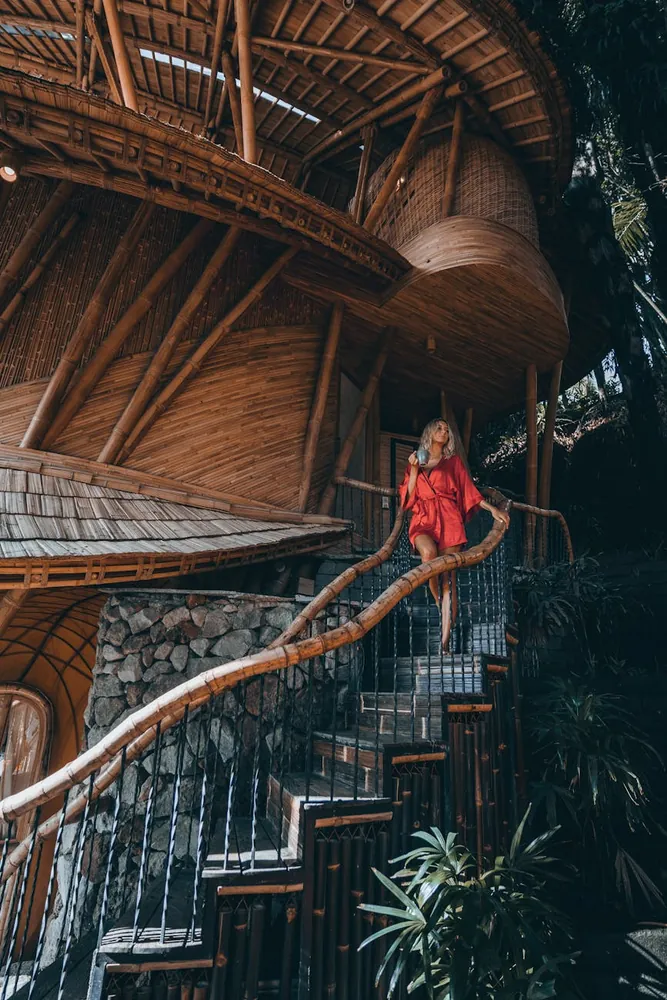Redefining Opulence: How Islands are Leading in Sustainable Luxury

Setting New Standards in Luxury through Sustainability
In the realm of luxury travel, an intriguing transformation is taking place. Private island resorts are pioneering a new frontier where opulence and sustainability go hand in hand. This emerging trend is redefining what it means to indulge in luxury, focusing not only on providing high-end experiences but also on minimizing the environmental impact.

Luxury consumers are increasingly aware of their ecological footprint, demanding responsible choices without compromising on quality. This shift has encouraged many private islands to adopt sustainable practices that ensure environmental conservation while maintaining the essence of exclusivity.
The Paradigm of Sustainable Luxury
Understanding sustainable luxury requires a rethinking of the traditional paradigms of luxury itself. It is not merely about aesthetics or extravagant services; it is about creating value through mindful and ethical choices.
Consider North Island in the Seychelles, a stellar example of this practice. Often dubbed as 'Noah’s Ark,' this resort has undertaken massive conservation efforts, including rehabilitating endemic species and restoring native vegetation. Such initiatives not only preserve the natural habitat but also enhance the guest experience, offering a serene and authentic encounter with nature.
Concrete Steps Toward Sustainability
- Energy Efficiency: Utilizing renewable energy sources like solar panels and wind turbines reduces reliance on fossil fuels.
- Water Conservation: Implementing rainwater harvesting systems and desalination plants ensures sustainable water usage.
- Waste Management: Recycling programs and composting organic waste reduce environmental impact.
Selecting Eco-friendly Luxury Accommodations
When seeking luxury accommodations that align with sustainability goals, several criteria should be considered:
Sustainability Ratings and Certifications
Researching accommodations with credible sustainability certifications can be crucial. Organizations such as EarthCheck or Green Globe offer comprehensive assessments that cover various aspects of sustainability, from energy efficiency to social responsibility.
Local Sourcing and Community Engagement
High-end resorts often emphasize local sourcing, which supports nearby communities and reduces carbon footprints associated with transportation. Fregate Island Private, also in the Seychelles, champions this approach by sourcing produce from its organic farm and collaborating with local artisans.
Moreover, engaging with local communities through cultural exchanges or employment opportunities fosters a symbiotic relationship, enriching both the traveler’s experience and the community's well-being.
Conservation Initiatives
The commitment to biodiversity preservation is a hallmark of sustainable island resorts. The Brando in French Polynesia operates on a model of sustainable luxury that includes significant investments in oceanic and terrestrial conservation programs. Guests can participate in these initiatives, fostering a deeper connection to the environment.
A Framework for Responsible Luxury Choices
Navigating the world of luxury travel with a focus on sustainability can be guided by a simple yet effective framework:
- Research: Start by identifying resorts with solid commitments to sustainability. Review their practices, certifications, and guest reviews.
- Engagement: Choose destinations that actively involve guests in their sustainability efforts. This could include guided tours that highlight conservation projects or workshops that educate about local ecology.
- Evaluation: Consider the overall impact of your stay. Are there options to offset carbon emissions? Does the resort have initiatives to reduce plastic use?
Practical Tips for Eco-conscious Travelers
- Pack eco-friendly travel essentials such as reusable water bottles and biodegradable toiletries.
- Opt for direct flights where possible to minimize carbon emissions.
- Support local economies by purchasing locally-made products and participating in community tours.
The Future of Luxury Travel
The future of luxury travel lies at the intersection of indulgence and responsibility. As private island resorts continue to innovate, they provide a blueprint for how opulence can coexist with ecological stewardship. These destinations prove that luxury need not come at the expense of the environment, setting a precedent for sustainable practices across the tourism industry.
This evolution in luxury demands a new kind of traveler—one who values experiences that are not only extraordinary but also ethically sound. By choosing sustainable luxury, travelers can contribute to preserving the planet while enjoying unforgettable experiences that embody true opulence.
 Modern Knowledge House
Modern Knowledge House